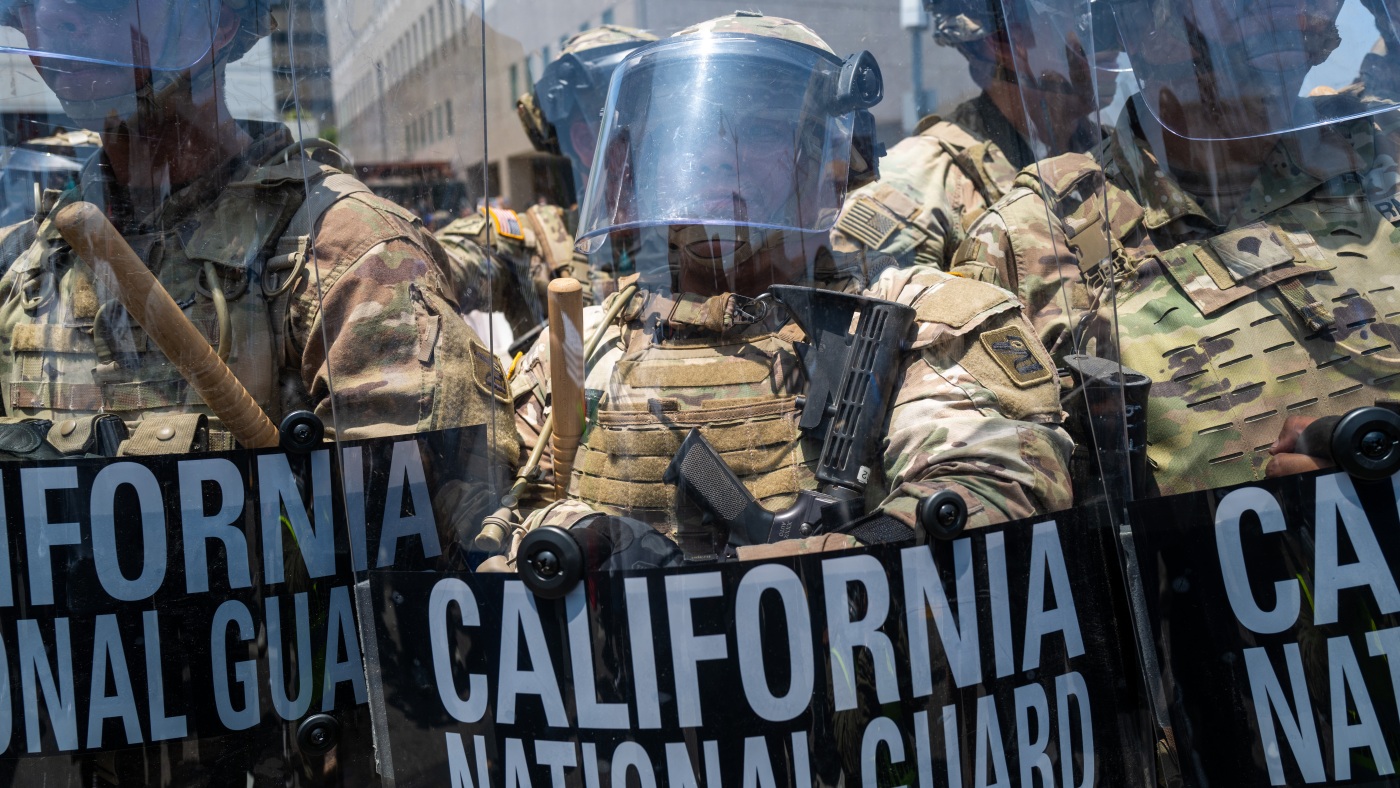Recent comments from Congresswoman Marjorie Taylor Greene reflect a growing divide within Donald Trump’s support base regarding U.S. military involvement in the Israel-Iran conflict. Greene’s statement, expressing discontent with any calls for deeper U.S. engagement, emphasizes a key theme: many in the MAGA movement are fatigued with foreign wars.
This sentiment harks back to Trump’s campaign promises, where he consistently denounced “forever wars.” In 2019, he boldly declared that entering the Middle East was a grave error. Now, as Trump seems to reconsider his stance, voices from within his loyal supporters are pushing back. Notable figures like Tucker Carlson, Steve Bannon, and former Congressman Matt Gaetz have all voiced their reluctance for deeper involvement. Carlson has suggested that the U.S. should “drop Israel” and allow them to handle their own conflicts, posing a significant challenge to Trump.
Interestingly, there’s a shift towards unity among anti-war advocates across the political spectrum. Recently, Republican Congressman Thomas Massie proposed a resolution to limit U.S. involvement, which garnered support from the left, including Congresswoman Alexandria Ocasio-Cortez. This cross-party collaboration indicates a rare moment of agreement on foreign policy in a highly polarized environment.
Despite this, Trump has pushed back against these critics. He labeled Carlson as “kooky” on social media, underscoring the tensions within the MAGA movement. Yet, traditional conservatives in the Republican Party, like Senators Lindsey Graham and Mitch McConnell, have backed Trump’s more aggressive stance.
The media landscape is equally polarized. Greene criticized Fox News and the New York Post for their support of the war effort, while Carlson has directly challenged neoconservative views in interviews, notably confronting Senator Ted Cruz about his stance on Iran.
Vice President JD Vance, who has shown skepticism towards war, is striving to mediate the conflict between factions within the MAGA base. He reassured followers that Trump’s intentions are to use military power solely for the benefit of the American people.
A recent poll by Economist/YouGov revealed that 53% of Trump supporters oppose U.S. involvement in the war, while only 19% are in favor. These numbers could fluctuate, especially if military actions commence, potentially creating a “rally round the flag” effect typical in wartime. However, if this conflict turns sour, it could fracture the MAGA coalition further.
This situation remains dynamic. As Trump navigates these internal rifts, the impact on his presidency—and continued support—will depend greatly on how events in Iran unfold.
For more insights on U.S. foreign policy, you can check reports from [Politico](https://www.politico.com) and [The Economist](https://www.economist.com).





















